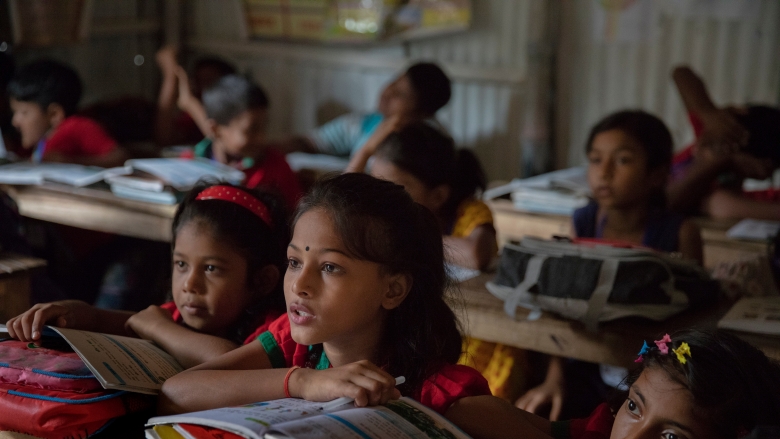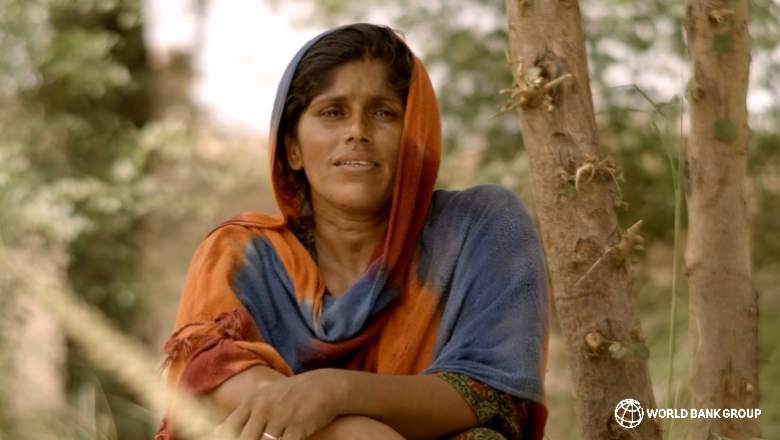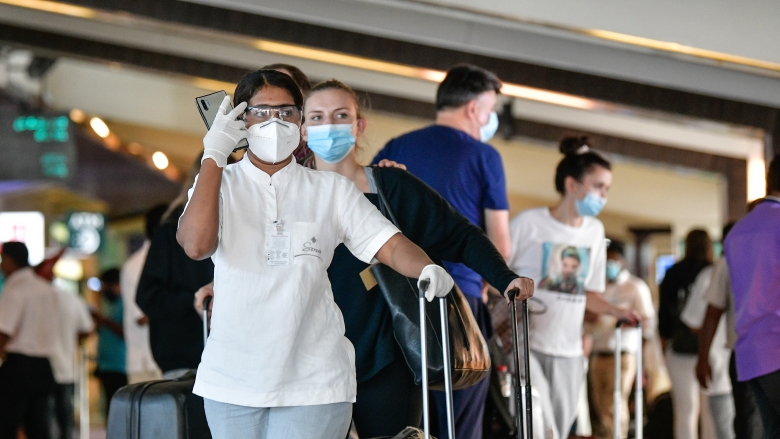In Bhutan, 27 year-old Ugyen Tshomo is learning the basics of entrepreneurship so that she can start a business to support her family. In Sindh, Pakistan, Sumaira is studying hard in school so that she can become a teacher when she grows up. In Bangladesh, Yeasmin Kohinoor is managing a thriving handbag business that has created jobs for over 100 women.
Ugyen, Sumaira and Yeasmin represent some of South Asia’s most valuable assets: it’s people. Across the region, millions of people just like them are working hard to support their families, make a difference in their communities and achieve their dreams. But not everyone has the chance to succeed. On average, South Asian children born today can expect to attain only 48 percent of their full productive potential. One of the region’s biggest challenges is helping to ensure that everyone has the opportunity to lead rewarding, productive lives.
South Asia has already made tremendous strides in reducing poverty and improving the lives, well-being and opportunities of millions of people. In Bangladesh, children now spend an average of 10 years in school, compared to just 8 years in 2010 and primary school enrollment has risen to 98%. In Sri Lanka, 91 percent of secondary age children are enrolled in secondary school while in Nepal, students are spending more years in school, with an average of 12.3 years in 2020 up from 11.7 in 2018. In Pakistan, more women are surviving difficult births and the maternal mortality rate continues to fall.
Still, challenges remain. One out of three children in South Asia is stunted and four out of every one hundred children do not live beyond the age of 5. The COVID-19 pandemic threatened many gains in health, education and poverty reduction that were made in the last decades. Almost two-thirds of the new global extreme poor now live in South Asia. School closures across South Asia have deprived students of months of learning. In fact, due to school closures and economic crisis related to lockdowns, the average years of schooling in South Asia is expected to fall by between .3 to .5 years, which translates into an economic loss of up to US$ 1.9 trillion in lost earnings. Health services have been disrupted causing many children to miss out on vaccines and rising food prices have made millions of families vulnerable to food insecurity. The pandemic’s impacts such as widespread unemployment, learning poverty, and hunger and malnutrition could devastate future productivity and livelihoods for generations to come.
IDA (International Development Association), the World Bank's fund for the poorest countries, is helping to accelerate human capital—or the knowledge, skills and health people accumulate over their lives—in South Asia. Through investments in health, education, food systems, and social protection, IDA is working to improve human capital development for all South Asians, especially young girls and women.




